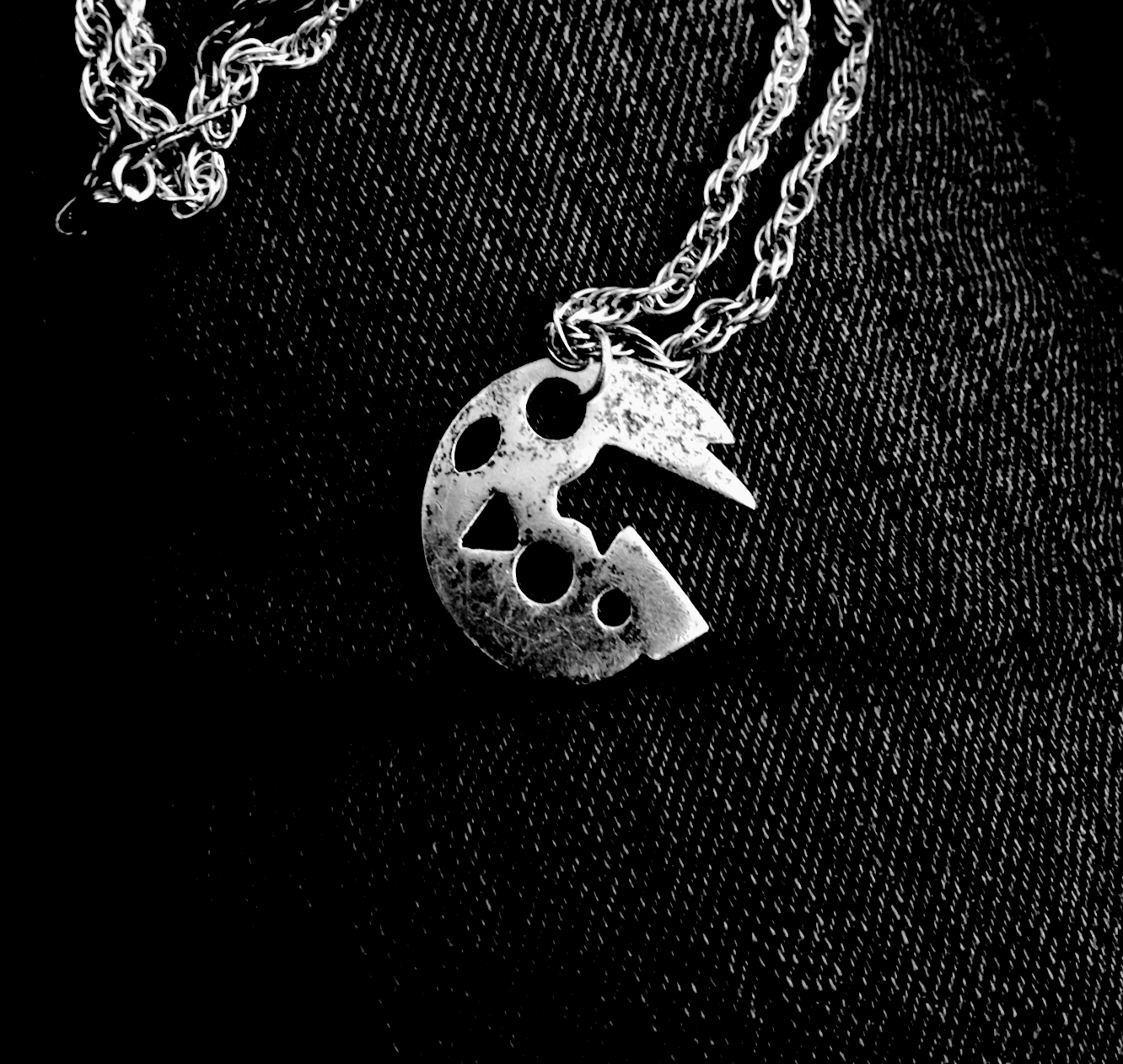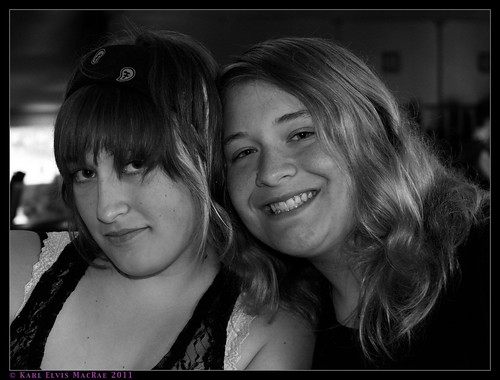It’s been a weird year.
(how long has it been since it hasn’t? I don’t know that I remember that far back)
HST once said “It never got weird enough for me.”
I once would have agreed with that sentiment, but honestly these last few years, i’m it being weird. Weird isn’t as much fun as it used to be.
IN the last year i’ve seen such fun things as:
- being threatened with job termination because of a disability accommodation request (and then all the rigamarole surrounding fighting over that)
- Winning the battle over termination, only to be punch-fucked with a followup threat of termination for under-performance (ie, no matter how good you are, we want you to be a different kind of good)
- Finding out my adult daughter had a severe drinking problem, and having to sort THAT out (rehab, in an ongoing process)
- Opting to leave my employer of 23 years when it became obvious I was at an impasse with my management’s view of what I was supposed to be.
- Dealing with my diabetes and the side effects of a new medication that tends to make me feel really ill, but which has induced significant weight loss.
- Beginning a job hunt at 61 years of age, in an industry that favors the young, cheap and over-educated.
- Asking myself if I really want to be doing this, or iof I want to re-set and figure out how to live a different lifestyle for whatever years are left to me.
Weird, as I said.
This ain’t all bad, though certainly there’s bad in there. After leaving my job June 1, i’ve done a few things put off for years while I struggled with family issues, tried desperately to be effective at work, and generally put myself second or third in priority. Pre-pandemic, I had accumulated a long list of tattoos I wanted to get, starting with finally tattooing my neck. That all got kiboshed by pandemic, but since I have time now, i’ve finally started to get that moving, including tattoos on neck, collar bone, and calves. I’m basically filling in spaces at this point, while getting ready to do a couple big pieces.
At 61, after a 40+ lb weight loss, i’m finding my skin is finally showing age, so I feel a ticking clock on how much longer i’ll feel like tattoos will look good. There are already spots that no longer feel tattoo friendly (losing weight at 60 is ALSO weird). So i’m hoping to interconnect a lot of smaller pieces with fill-in things.
This post won’t have pictures, but i’ll follow up with them.
I’ve got two appts on the books now, and as soon as I can schedule travel, several more by tattooists in SO Cal.
I’ve also spent a great deal of time getting organized. This includes hacking through years of accumulated stuff (a family that tends toward hoarding present a physical challenge, but i’m finally winning that); i’ve consolidated two stores spaces into one, and FINALLY have my garage back to the point where I can start to remove big racks used to handle all the crap that over-flowed my kids bedrooms when they lived with me.
I’ve begin to travel, at least a bit, though there’s more of that to come, and i’m finally catching up on my own health care, getting stupid but needful tests out of the way.
What I can NOT stand to do, at this point, is be at a desk and near a computer, which has impedes my feeling that should be writing. I still have a sense of urgency, though it’s not quite clear what is urgent; I feel a ticking clock which tells me not to start things I can’t finish, though in fact I have time to finish things. Only hard physical effort relieves this feeling, so I’ve become a perpetual motion machine until fatigue poleaxes me. Tasks I can do with muscle are getting done, but the ones that need focus – despite my ADHD meds – are being avoided.
Balance eludes me, but I am pursuing it. There are things I want to do that require sitting still; I have two guitar customization projects, not to mention just playing more. I have paperwork and phone calls that similarly need focus.
But not yet. I’m mot ready for balance, so long as it’s warm outside, and the doors are off my jeep, and the dogs want to go play. Balance tomorrow, maybe.
But I owe myself posts:
- My new jeep
- Inventory of new tattoos
- My fitness and health progress
- some erotica, because my head is there, if I could just sit down and do it.
Later.


